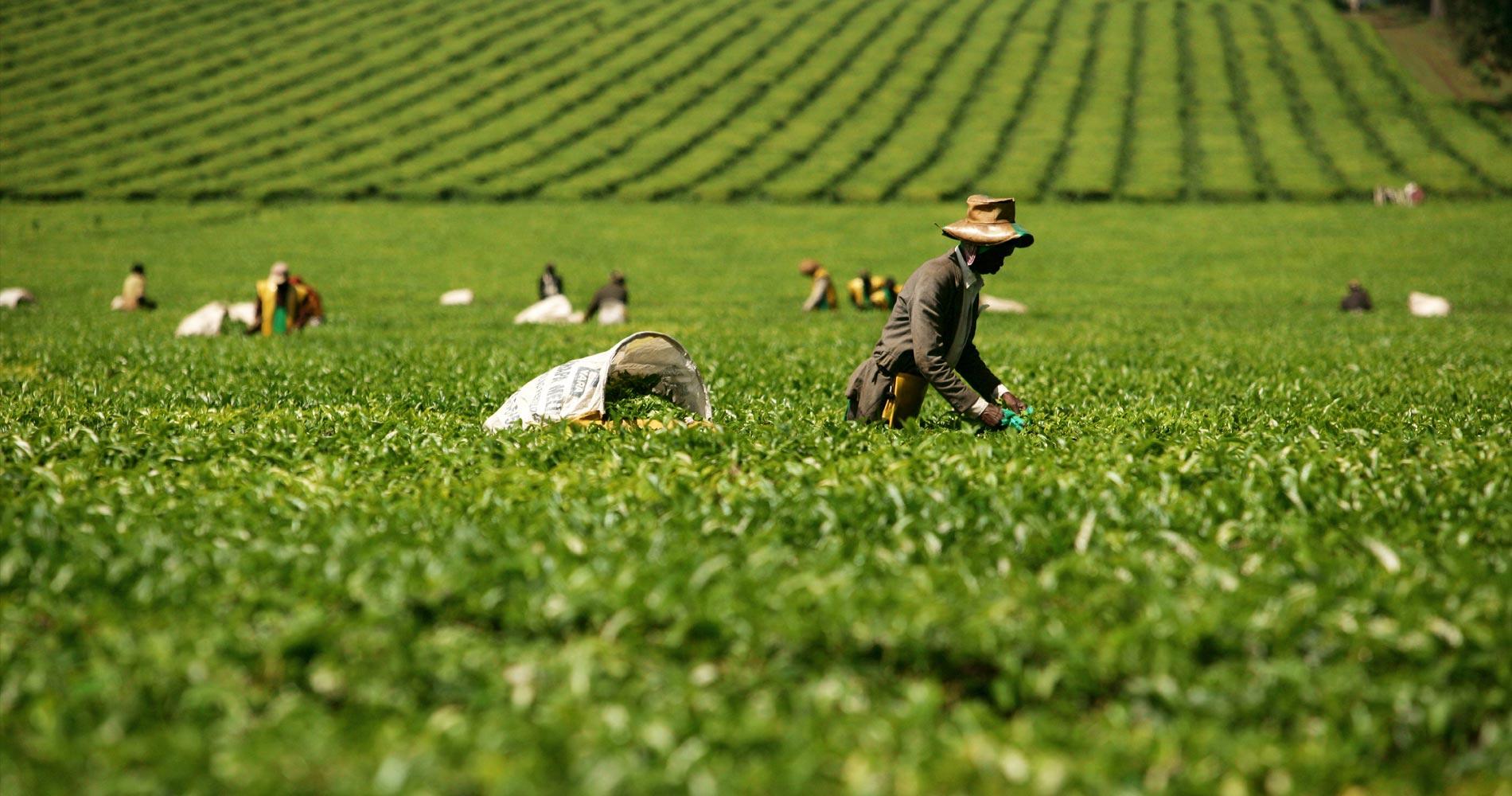Powerful UK institutions from the monarchy to Ekaterra (formerly Unilever and Brooke Bond) are being confronted over a British colonial-era land grab in Kenya’s Kericho county by the Kipsigi and Talai clans.
Michael Asiedu, 9 May 2023
British colonial rule in Kenya in the 1930s led to many alleged injustices. One that has garnered attention in recent times concerns its colonial-era land grab that led to the eviction of about half a million inhabitants. Survivors have not been silent in their bid to reclaim their ancestral land as they are challenging some of UK’s most powerful institutions from the monarchy to Ekaterra (formerly Unilever and Brooke Bond).
The Kipsigis and the Talai clans of Kericho and Bomet counties in Kenya were ruthlessly evicted by the British army between 1895 and 1963 to pave way for profitable tea plantations owned by then white settlers. It is alleged that the Crown Land Ordinance of 1902 ensured about 200 000 acres of land in Kericho belonging to the Kipsigis and Talai were given to white Europeans. The land and plantations which still exist are controlled by Ekaterra, Williamson Tea, and Finlays, all tea makers with millions of consumers globally.
Some of the surviving evictees, mostly advanced in age now, recounted incidents of rape, torture killings and beatings from the colonial administration, according to Declassified UK’s Chief Reporter Phil Miller. These registered survivors numbering about 120 000, as well as thousands of their descendants, reportedly live in the surrounding environs of their ancestral land, with many languishing in hardship. The two clans argue they have never been compensated for these gross violations and neither has there been any meaningful pathway for redress according to Kericho County’s governor Paul Chepkwony, who is himself a descendant of victims and now heavily involved in the quest for justice.
The victims’ attempt in seeking any sort of meaningful redress, which began in 2018 when they presented concrete evidence to Kenya’s National Land Commission (NLC), has had some notable advancements as well as stumbling blocks. They are represented by Rodney Dixon QC and Aidan Ellis, both UK based barristers under the instruction of JK Bosek & Associates, Nairobi, Kericho and Bomet Counties.
Their quest for justice received impetus in 2019 when the Commission determined that the Kipsigis and Talai clans had been the victims of historical land injustices as envisaged in section 15 of the Kenyan National Land Commission Act 2012 as amended by Section 38 of the Land Laws Amendment Act 2016. The Commission found that the tea estates should have been returned to their original owners when Kenya gained independence from Brittan in 1963. Finlays and other cited tea companies lodged a judicial review application at the Kenyan High Court in Nairobi against the Commission’s decision. The suit has since been transferred to the Kenyan Environment and Land Court for further hearing and determination. Meanwhile, the Kenyan Supreme Court rejected a petition filed by Kericho County on behalf of the victims seeking an advisory opinion on whether it could seize land from the involved multinational tea companies.
Among the relentless pursuit of justice for the victims was also a UN request for investigations in 2019. Six UN rapporteurs in connection with this investigation released a document in 2021 that criticized the UK for its failure to offer “effective remedies and reparations” to the Kipsigis and Talai peoples. The rapporteurs further indicated reparations should include “measures in the areas of restitution, compensation and rehabilitation.” The case has also been filed at the European Court of Human Rights (ECHR) with letters sent to the British royal family.
UK’s Foreign, Commonwealth and Development Office (FCDO), however, refused to take any meetings with the victim’s legal team. Instead, it referred to the UK governments 2013 Mau Mau settlement where it agreed to construct a memorial in Nairobi. This memorial recognizes victims of torture and ill-treatment during British colonial administration in addition to 20 million pounds of compensation to some 5,000 former Mau Mau suspects. The Kipsigi and Talai Clans, however, argue the Mau Mau case is distinct.
Bell-Ribeiro-Addy, Labour MP and foremost person on UK’s parliamentary group on African reparations, met with the victims’ legal team and criticized the UK’s government stance on the matter. She said the UK government’s refusal of dialogue with the victims was “symbolic of their failure to acknowledge the harm colonialism caused and its impacts that are still felt today.” Joel Kimutai Bosek, Kenyan lawyer who is part of the legal team and a descendant of victims himself, argues that victims should be heard because the reparations Kipsigis and Talai peoples are demanding were relatively modest.
While observers remain keen on how this case would evolve further, the notion of reparations or apologies for colonial era crimes in Africa has always been contentious. Usually, the main point of departure has been that the government and individuals who committed these atrocities are no longer in power and many who experienced colonialism firsthand are no more. This case of the Kipsigis and Talai people is different: There are survivors who are still suffering from the harm done. It is the more reason why their case remains compelling, and as put by their legal representatives, “they deserve justice, accountability, an apology, and reparations.” This can only happen if UK’s Foreign, Commonwealth, and Development Office begin a sustainable pathway of dialogue where victims could be heard, and an amicable solution jointly sought.







